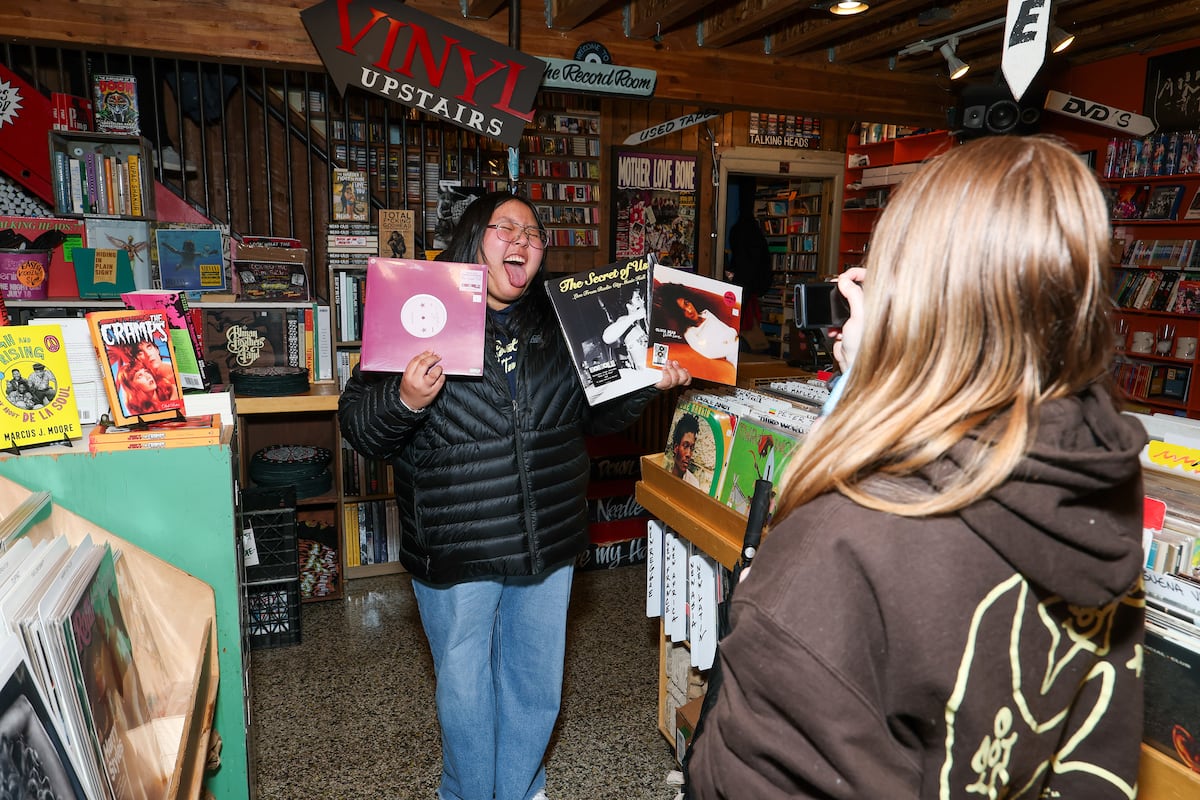
"According to the expert, young people have stopped looking to the future. Like the lost souls in Dante's Inferno, they seem condemned to look backward. The products they consume remakes, revivals, sequels, and reboots are stitched together from the scraps of the 20th century, especially those from the late 1990s and early 2000s. Everything new feels familiar. Disruption and innovation capable of changing the world still exist, Segal argues over the phone, but the dominant cultural landscape is saturated with nostalgic remakes."
"She cites as examples the fascination with vinyl records, Walkmans, VHS tapes, Polaroids, and the recurring use of archive or vintage fashion on the red carpet, noting that philosopher Mark Fisher already identified this cultural strangulation a decade ago, as he explained in his concept The Slow Cancellation of the Future. His maxim that nothing dies' remains valid 11 years later: we are still surrounded by the same zombie-like forms as back then, Segal maintains."
"In Canto XX of Inferno, the first part of The Divine Comedy, Dante bursts into tears upon encountering the magicians, astrologers, and soothsayers. They have been condemned for wanting to know the future, for seeing too far ahead, and now they wander eternally with their faces turned backward, so that their tears fall down their backs. Emily Segal, author of the novel Mercury Retrograde (2020) and a trend forecaster for major corporations, uses this scene to describe the current nostalgic viewpoint of Generation Z."
Generation Z displays a strong turn toward nostalgia, favoring remakes, revivals, sequels, and reboots drawn from late 20th-century culture. Popular consumption includes vinyl records, Walkmans, VHS, Polaroids, and revived archive fashion, producing a cultural landscape where new things feel familiar. Significant technological or societal disruption still occurs, but mainstream culture is saturated by retro recycling and repeated forms. A prior concept labeled the phenomenon as a slow cancellation of the future, describing persistent reuse of past forms. Nostalgia varies across generations; a survey of 2,000 Americans found 60% of Generation Z would like to return to a time before constant connectivity.
Read at english.elpais.com
Unable to calculate read time
Collection
[
|
...
]